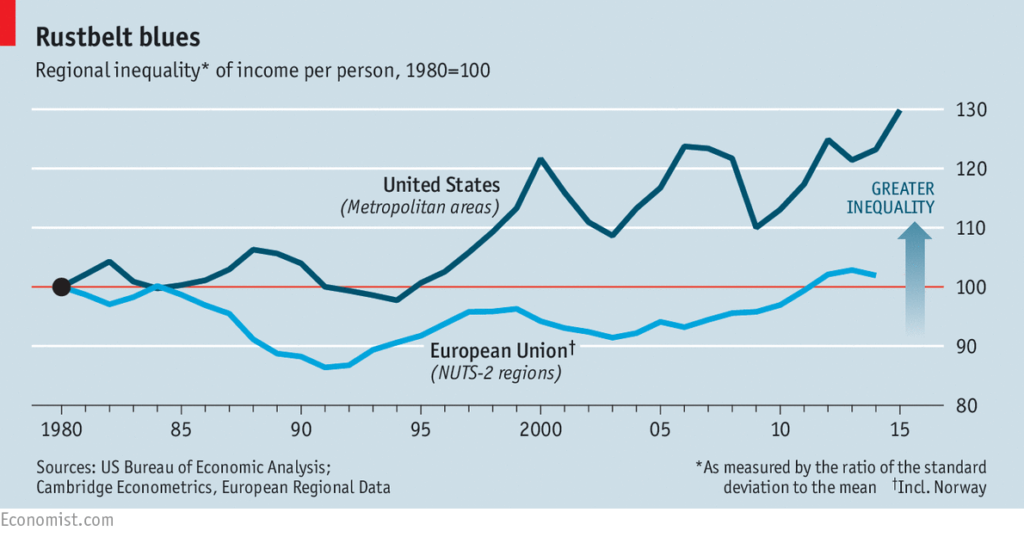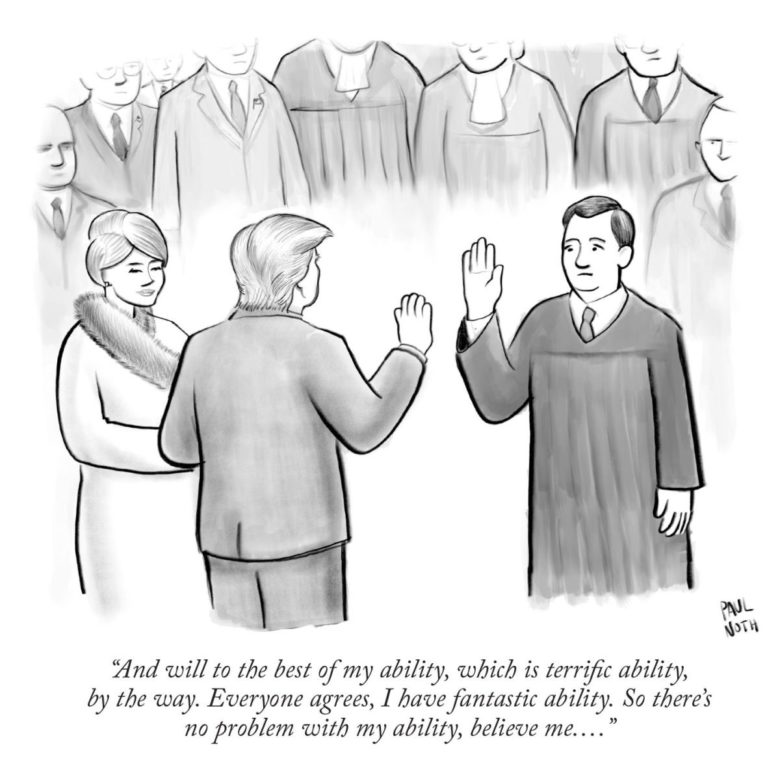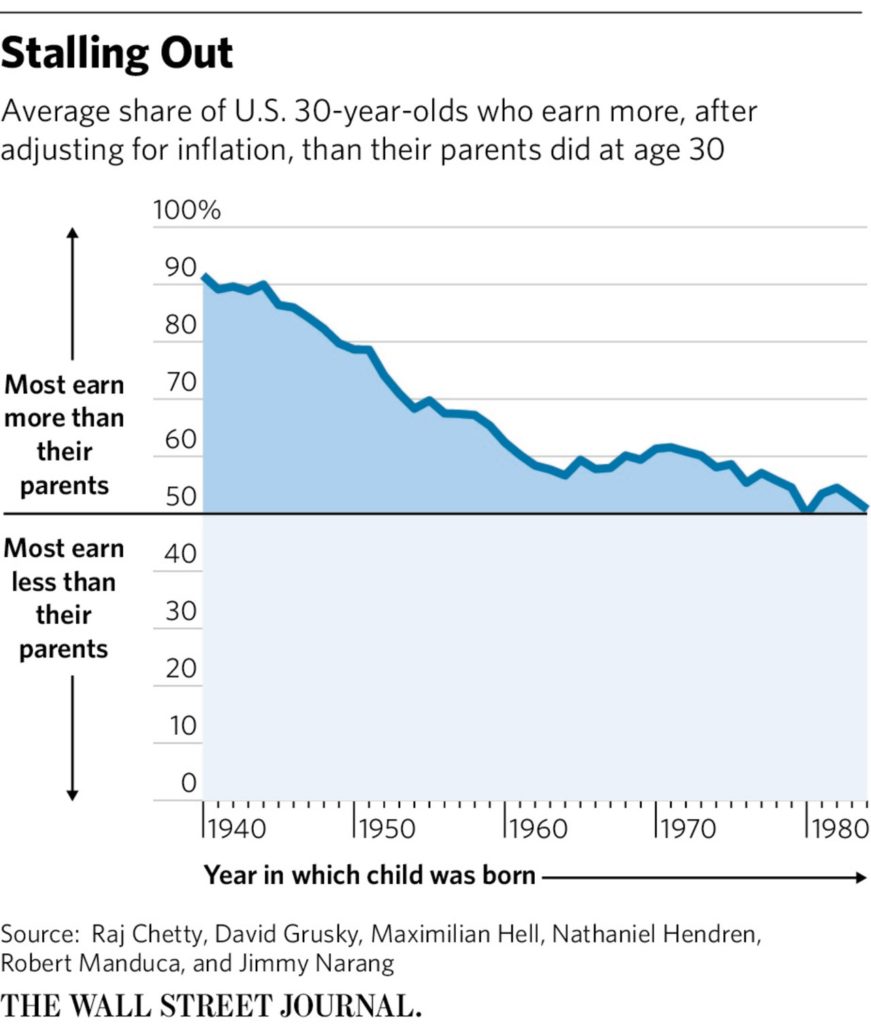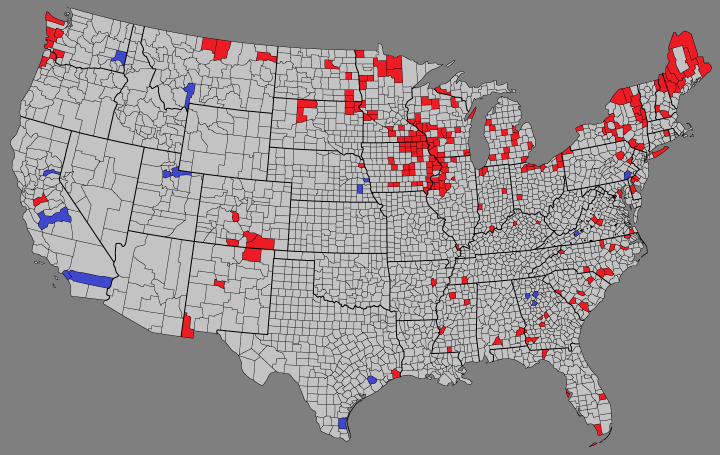(We will be taking the next few days off. Regular posting will resume on December 27)
Family starts arriving tonight here at the mansion of Wrong. We always have three Christmas parties, one the weekend before the holiday week, and in this case, on the 25th and the 26th. It’s a big family, with many adult children and adult grandchildren, so we try to accommodate as many schedules as possible. There’s less tension that way.
Many say that this is the most wonderful time of the year. Perhaps it’s better if we don’t think about what a roller coaster ride of a year we had in 2016.
Do you think that we need a little Christmas after the year we had? The tune “We Need a Little Christmas” is from the musical Mame, which opened on Broadway in 1966. It is sung in the scene when the stock-market crash of 1929 has just hit, and Mame’s deceased brother’s 10-year-old son has been entrusted to her care. She introduces him to her free-wheeling lifestyle, using her favorite saying: “Life is a banquet, and most poor sons-of-bitches are starving to death.”
Sounds about right in our unequal society.
We are having a little collapse of our own in America now, although it is more prospective than a harsh reality. Right now we are either at the end of the good times, or we are about to go on such an awesome winning streak that you will bow in obeisance to our Orange Overlord, saying you are so sorry we ever doubted him. You be the judge.
Wrongo is thinking about all of this. He is also thinking about the loss of his brother Kevin to complications of ALS in June. Kevin personified resilience, and fought very hard. Wrongo and his sisters were able to be with him up to his last moments. We miss his humor and fierce intelligence every day.
Kevin didn’t live to see his candidate win the presidency.
One thing that we did at Christmas when he was alive was to all sing the Tom Lehrer song “Christmas Carol”. It was always an exuberant rendition, if not always on key. Here is the real song:
https://www.youtube.com/watch?v=ffO8nZThwmM
Those who read the Wrongologist in email can view the video here.
Lyrics:
Christmas time is here, by golly,
Disapproval would be folly,
Deck the halls with hunks of holly,
Fill the cup and don’t say “when.”
Kill the turkeys, ducks and chickens,
Mix the punch, drag out the dickens,
Even though the prospect sickens,
Brother, here we go again.
On Christmas day you can’t get sore,
Your fellow man you must adore.
There’s time to rob him all the more
The other three hundred and sixty-four.
Relations, sparing no expense’ll
Send some useless old utensil,
Or a matching pen and pencil.
“Just the thing I need! How nice!”
It doesn’t matter how sincere it
Is, nor how heartfelt the spirit.
Sentiment will not endear it,
What’s important is the price.
Hark the herald tribune sings,
Advertising wondrous things.
God rest ye merry, merchants,
May you make the yuletide pay.
Angels we have heard on high
Tell us to go out and buy!
So let the raucous sleigh bells jingle,
Hail our dear old friend Kris Kringle,
Driving his reindeer across the sky.
Don’t stand underneath when they fly by.
In closing, you may not know that it is perfectly correct to use “Xmas” wherever “Christmas” is called for. From Today I Found Out:
Myth: “Xmas” is a non-religious name/spelling for “Christmas”.
It turns out, “Xmas” is not a non-religious version of “Christmas”. The “X” is actually indicating the Greek letter “Chi”, which is short for the Greek, meaning “Christ”. So “Xmas” and “Christmas” are equivalent in every way except their lettering.
The practice started with religious scribes, who used the symbol “X” in place of Christ’s name, and it has been continued by religious scholars for at least 1000 years. If it seems offensive to you to use Xmas, then by all means spell out Christmas.
Still, it’s another loss for O’Reilly’s War on Christmas.
And there’s this: Public Policy Polling (PPP) released a survey on Monday that shows that only 34% of Americans believe there is a war on Christmas. Most Americans now find both “Merry Christmas” and “Happy Holidays” to be acceptable greetings but favor “Merry Christmas” when asked to choose.
So, no need to get angry with people who say “Happy Holidays”.




